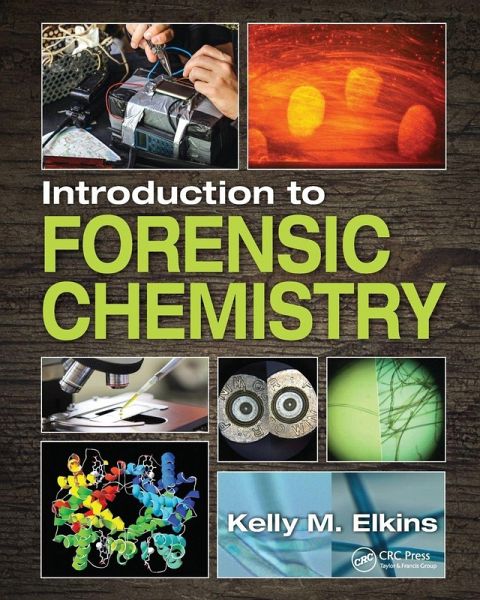
Introduction to Forensic Chemistry

PAYBACK Punkte
55 °P sammeln!
Introduction to Forensic Chemistry introduces chemical tests, spectroscopy, advanced spectroscopy, and chromatography. The second half of the book addresses applications and methods to analyze and interpret controlled substances, trace evidence, questioned documents, firearms, explosives, environmental contaminants, toxins, and




